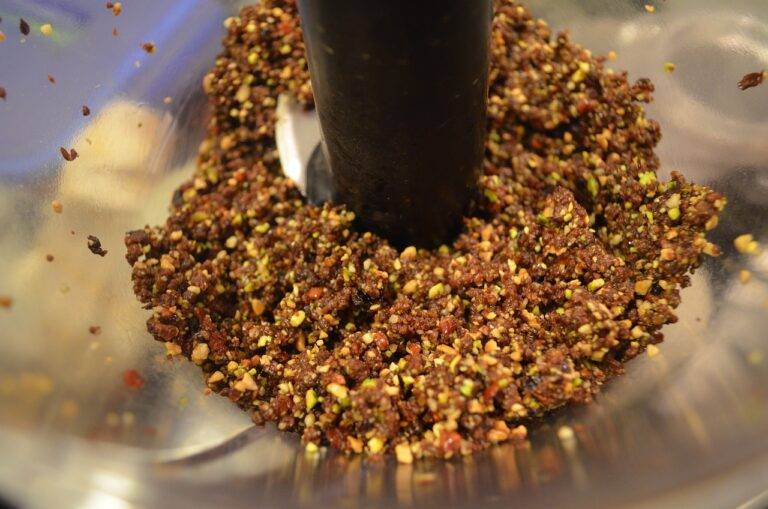The Impact of Brexit on Food Safety Testing Regulations
99 exchange, laser247, world 777 betting: Brexit has had far-reaching implications across various sectors, and the food industry is no exception. One particular area that has been significantly impacted by Brexit is food safety testing regulations. The changes brought about by the UK’s departure from the European Union have raised concerns about how food safety will be ensured in the future.
The European Union has stringent regulations in place to ensure the safety of food products consumed by its citizens. These regulations cover everything from the production and processing of food to the testing and labeling of products. With Brexit, the UK has now left the EU regulatory framework, leading to uncertainty about how food safety testing regulations will be enforced moving forward.
One of the key issues arising from Brexit is how the UK will now regulate food safety testing without being part of the EU’s regulatory system. The UK government has stated its intention to maintain high standards of food safety post-Brexit, but the specifics of how this will be achieved are still unclear. There are concerns that divergence from EU regulations could lead to lower standards and potentially compromise consumer safety.
Another concern is the impact Brexit will have on the UK’s ability to access the latest food safety testing technologies and expertise. The EU has a robust system in place for approving and monitoring food safety testing methods, but without access to this system, the UK may struggle to keep pace with developments in the field. This could hinder the UK’s ability to detect new food safety risks and respond effectively to potential threats.
Furthermore, Brexit has raised questions about how food safety testing regulations will be enforced across borders. With the UK no longer part of the EU single market, there are concerns about how food safety standards will be upheld for products imported into the UK from the EU and vice versa. The potential for regulatory misalignment could create loopholes that compromise food safety and consumer protection.
In light of these challenges, stakeholders in the food industry must carefully consider the implications of Brexit on food safety testing regulations. It will be essential for the UK government to work closely with industry experts, regulatory bodies, and international partners to develop robust frameworks that uphold high standards of food safety post-Brexit. Collaboration and information sharing will be crucial to ensure that the UK continues to meet its food safety obligations and protect consumers.
Ultimately, the impact of Brexit on food safety testing regulations will depend on how well the UK adapts to this new regulatory landscape. It will be essential for all stakeholders to work together to address the challenges posed by Brexit and ensure that food safety remains a top priority in the post-Brexit era.
FAQs:
1. Will food safety standards in the UK be lower post-Brexit?
The UK government has stated its commitment to maintaining high standards of food safety post-Brexit. However, there are concerns that regulatory divergence from the EU could lead to lower standards in the long run.
2. How will Brexit impact the UK’s access to food safety testing technologies?
Brexit could potentially limit the UK’s access to the latest food safety testing technologies and expertise, as the country will no longer be part of the EU regulatory system.
3. What are the implications of regulatory misalignment between the UK and the EU on food safety testing?
Regulatory misalignment could create loopholes that compromise food safety standards and consumer protection, especially for products imported across borders.
4. How can stakeholders in the food industry address the challenges posed by Brexit?
Stakeholders will need to work together to develop robust frameworks that uphold high standards of food safety post-Brexit. Collaboration and information sharing will be crucial in this effort.







